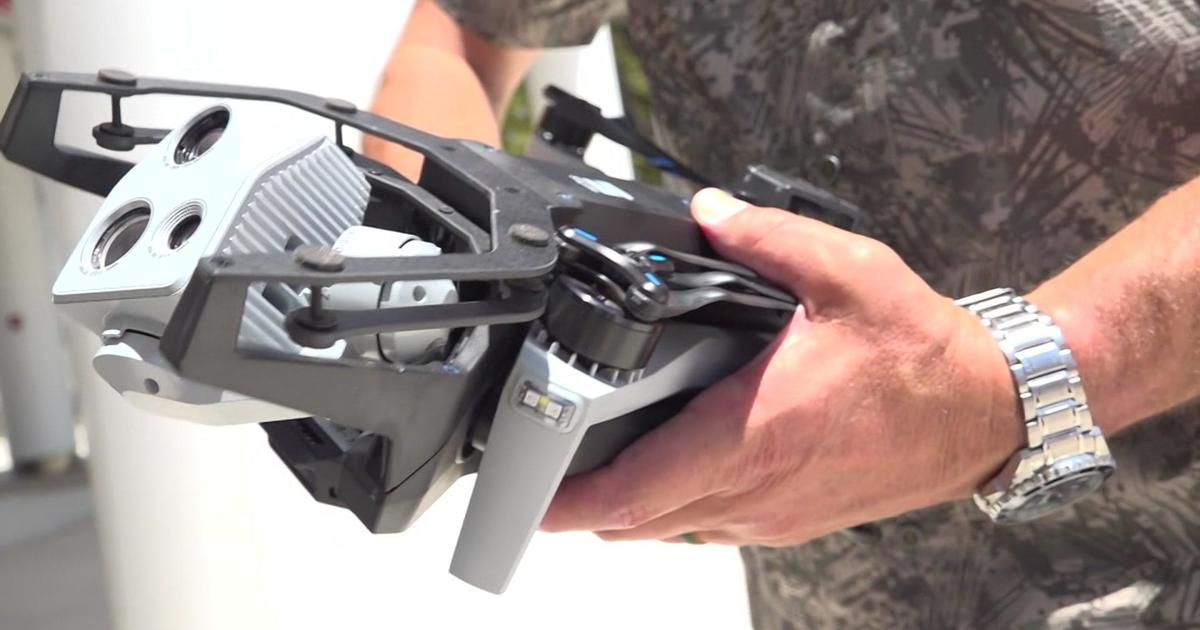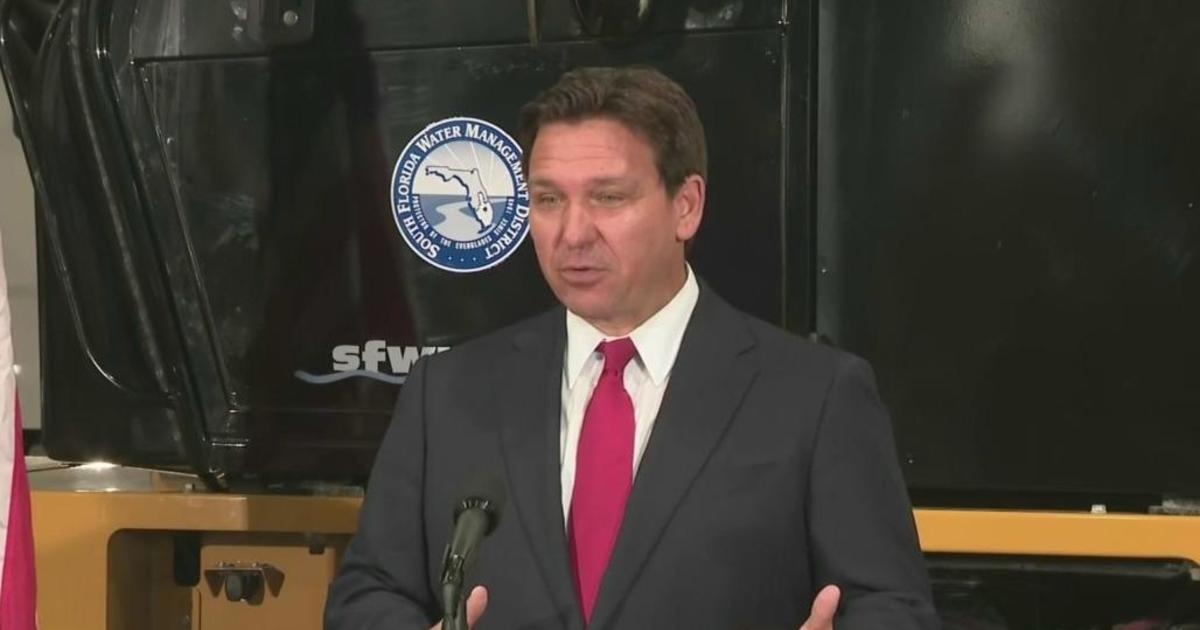Less Crime Leads To Bigger Budget Problems
TALLAHASSEE (CBS4/AP) – How can a drop in crime have a negative impact on law enforcement? Believe it or not, that is happening in Florida. Florida partly relies on court fees to build a training trust fund.
With fewer offenders paying into it, state officials say the amount of money in the trust fund is at an all-time low.
The drop in trust fund money comes as Florida's recovering from a struggling economy.
The number of crimes committed has dropped 18 percent since 2008.
It's a Catch 22 — as Florida officers, deputies and troopers get better at preventing crime, less money is available to give them the latest training, which they say could make it harder to keep crime rates low in the future.
It doesn't help that another major source of money for the trust fund comes from a portion of traffic tickets issued, and officers are writing far fewer since the Legislature raised fines in an attempt to increase revenue. The stiff fines combined with the bad economy are making officers more sympathetic to speeders.
Money available per officer through the trust fund is about a third of what it once was, leaving some agencies concerned they'll have to make cuts elsewhere to keep officers trained.
"The trust fund issue, that's unique," said John Firman, the research center director at the International Association of Chiefs of Police, who said other states are starting to see a recovery that's seeing an increase in training money. "It's a fairly significant piece of where you get your money from for training, so it's a big deal."
Florida's fund used to provide $110 for advanced and specialized training for every law enforcement officer in the state. It was down to $67 per office last fiscal year and is now at $40 per officer for the fiscal year that began July 1.
"I can see it being a problem, especially for north Florida where training is limited, where employees are limited — you don't have many — and you try to keep up as much as you can," said Jefferson County Sheriff Hobbs. "It's hard."
Hobbs knows that in rural Jefferson County, there are some things he doesn't have to worry about as much as his counterparts in counties like Miami-Dade or Broward.
"I don't anticipate this being a major place terrorists would want to strike, so I don't send nobody out on terrorist classes," Hobbs said.
But he does need to train his deputies to deal with identity theft, computer crimes, sex crimes, drugs, school safety, burglaries and homicides, not to mention keeping them updated with routine training that's mandated each year.
The number of felonies committed in Florida in 2012 was 157,961 fewer than 2008. And the number of traffic tickets written has dropped dramatically since the Legislature raised fines during a January 2009 special session. The idea was to raise money, but it backfired.
After steadily increasing in previous years, the number of tickets written in 2009 dropped by more than 300,000. And in 2012, there were about 700,000 fewer tickets written than the year before fines were increased.
"You almost feel bad writing a ticket ... when you stop a mom with two kids in the car for driving too fast," said Highlands County Sheriff Susan Benton, who is president of the Florida Sheriffs Association. "The fees, some of them are way more than $300. We're writing way more warnings than we've ever written before simply because we understand the economy, we understand the situation and they upped those fees so much."
And it doesn't help that lawmakers have raided the trust fund for other purposes, said Benton.
"If that money was back in the trust fund, we wouldn't necessarily be in this terrible situation," Benton said. "It shouldn't be touched, but apparently it can be."
That's left Florida officials concerned that fewer officers will be able to get advanced training, or that law agencies will have to cut elsewhere to pay for other training options.
Training can range from annual updates to policies and procedures to specialized areas on topics like domestic violence, human trafficking, cybercrimes and even how to use breathalyzers and handle evidence.
"Every agency is going to have a detectives unit that does some of those more complex case investigations," said Jennifer Pritt, director of training and professionalism at the Florida Department of Law Enforcement. "Even those small agencies that may only have one person that serves in that role are going to be impacted."
The Southwest Florida Public Service Academy in Fort Myers held 81 advanced training classes in the fiscal year that ends this month.
"We will be lucky to have 35 to 40" this year, said Todd Everly, the academy's director.
He's concerned that if training money remains low, law enforcement will fall behind in an ever-changing world of crime.
"Technology is moving faster than the human race can keep up. Our criminals, especially in our white-collar cases, they're ahead of us," Everly said. "We've got to keep up with the technology, and that costs money."
He heads a committee formed by the Florida Criminal Justice Training Center Directors Association that will put together a proposal to restore training money with a more stable sources of revenue. The hope is lawmakers will consider it during their next legislative session.
While every agency will feel the effect, Hobbs said smaller counties will have a more difficult time getting officers trained because there's less money available. Jefferson County just east of Tallahassee has a little more than 14,000 residents. Hobbs' department has 20 deputies, three of whom are investigators.
Routine training updates are mandatory, but with classes being cut at the two closest regional training academies, Hobbs will have to send deputies farther away for training, which costs more in travel expenses and salary. And that's before he can get advanced training for his investigators.
"These bigger counties, they have ways they can offset it, I'm sure. It really hurts the small counties. It's a whole different ballgame with rural counties," Hobbs said. "I always said if I had a helicopter it would be nice. I could just eliminate that and have plenty of money, but I don't have a helicopter."
(TM and © Copyright 2013 CBS Radio Inc. and its relevant subsidiaries. CBS RADIO and EYE Logo TM and Copyright 2013 CBS Broadcasting Inc. Used under license. All Rights Reserved. This material may not be published, broadcast, rewritten, or redistributed. The Associated Press contributed to this report.)



